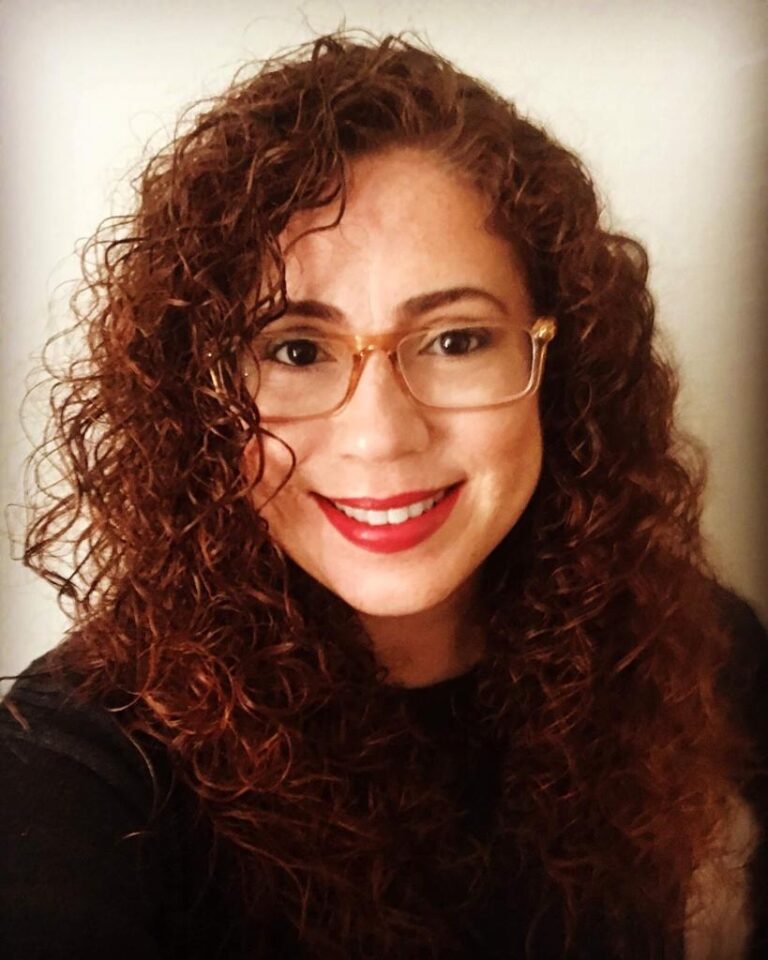Every relationship faces challenges and hits bumps in the road to a long-term, fulfilling partnership. But you might have hit an impasse, a place where you both feel stuck and sense the relationship deteriorating. A couples therapist can help you mend the parts of your relationships that feel broken.
However, finding a couples therapist can feel daunting. Typing in “couples therapy near me” might give you a list of therapists, but will they accept your insurance, and what are their qualifications and specialties? Keep reading to learn how you can find the right therapist for your relational needs.
What is a Couples Therapist or Couples Therapy?
Couples therapy is a branch of psychotherapy that focuses on the relationship between romantically involved people. This type of therapy is sometimes called couples counseling or marriage counseling, and a therapist who works in this field may sometimes be called a couples counselor, marriage counselor, or marriage therapist.
“Anyone with a general therapist license can be a couples therapist,” says Kristina Anzell, LCSW, a therapist with Grow Therapy. “If you want someone specially trained, look for someone trained in Internal Family Systems or the Gottman Method.”
Therapists who primarily work with couples may have a Master’s degree or higher in marriage and family therapy, or they may have supervised experience working with couples that qualify them to be licensed as a couples therapist. However, Anzell adds that a therapist with years of experience working with couples may offer couples therapy even if they don’t have specialized training in couples therapy.
Couples therapists help partners work through any number of issues. They might work through conflict resolution with one couple and emotional intimacy with another. It all depends on the situation and the reasons the couple is seeking therapy. The therapist spends at least the first session (or more) determining the right goals for each couple.
Couples counseling differs from individual therapy in that you’re attending therapy with your partner. Some sessions may take place individually, but many will include your partner.
Who Goes to a Couples Therapist?
All relationships face challenges and obstacles, and most of us need help navigating the complexities of a romantic relationship. In truth, almost any couple can benefit from couples therapy. This type of therapy caters to a wide variety of issues that couples face. It’s designed to facilitate communication, help people discuss difficult topics, and teach conflict resolution skills. It may also include therapy that benefits general emotional health, especially if one or both partners have mental health issues or past trauma that affects the relationship.
A couples therapist acts as a neutral third party with the skills to help, guide, and teach. But as Kristian Wilson, LMHC, a therapist with Grow Therapy, puts it, “Every [couple] is unique.” For example, a focal point for one couple may not even come up in therapy for another. Wilson offered a few of the more common feelings and behaviors that lead to and come up during relationship counseling, including:
- Criticism
- Contempt
- Defensiveness
- Stonewalling
- Frequent arguments
- Difficulty expressing emotional needs
- Emotional disconnection
- Expressing the desire to separate
Karina Hester, LMFT, another Grow Therapy provider, says therapy provides “a safe and impartial place to be able to discuss difficult topics with your partner while the therapist models and encourages positive, respectful, and kind language for the couple. Being able to shape the relationship to be safe and peaceful for all partners involved while making sure all voices are equally heard.” A couples therapist can help identify the ‘why’ behind arguments or teach both partners how to express their opinions and feelings in healthy ways.
The many stigmas surrounding mental health may make one or both partners hesitant to seek counseling. However, telehealth platforms like Grow Therapy can make the process easy and maintain your privacy. Grow Therapy can connect you with a couples therapist that offers online or in-person sessions, giving you the option of addressing issues from the comfort of your own home, for example.
Couples therapy covered by insurance
What Should I Expect in Couples Therapy?
Wilson lays out the basics of couples therapy: expect 50-minute therapy sessions, with you, your partner, and the therapist determining the frequency of those sessions. You’ll set goals together, with the nature of those goals determining how long you are in therapy. But Wilson says three to six months is the average.
In the first session, the therapist assesses the relationship and identifies why the couple is seeking counseling. “Couples can expect to answer questions about their patterns of communication, past experiences, present challenges, personal triggers, and common goals for sessions,” says Hester. “That information can be brought up by assessments (questionnaires) or conversations facilitated by the therapist – sometimes with both people present and at other times, individually.”
Hester goes on to say that a big part of the first few sessions might be the partners coming to unity on their goals and purpose for attending therapy.
Couples may also be heavily influenced by cultural and societal expectations. For example, Hester points out that certain values and customs may accidentally oppress one partner. In these cases, the therapist can teach skills to help both partners feel heard and seen.
What Questions Should I Ask a Couples Therapist?
You want a licensed therapist with whom you feel you can have a strong therapeutic alliance. The therapeutic alliance, a term used to describe a trusting but professional relationship between the therapist and client, contributes to positive therapy outcomes. While it can take time for that alliance to build, you can get a sense of whether or not you think you could trust the therapist in the early sessions.
Anzell says, “Individuals may need to ask different questions based on what they’re seeking from therapy.” Your religious or cultural views, for example, may be important enough to you both that you want to work with someone supportive of your beliefs. Hester says, “A professional who is not biased toward one culture, gender, or religion can assure more opportunities for equality as the new relationship develops in sessions.”
“[It’s] really important for both people in the couple to feel heard and understood, that there’s not an imbalance. It should feel like the therapist is there for both of you. . . Both people need to feel like they can be honest and open,” Anzell adds. To find the right person, Hester suggests asking questions about the therapist’s thoughts on:
- Divorce
- Co-parenting
- Household rules
- Division of labor
- Gender responsibilities
- Love language
Then there are basic questions about the therapist’s training and foundation, such as:
- What degrees and certifications do you have?
- What does your typical session look like?
- How do you do assessments?
- If we start arguing, how will you deal with that?
Anzell says, “You’re searching for someone you can feel comfortable talking about your issues with. Someone you’re not going to lie or hide information from.” You may get nervous and forget to ask important questions, so make a list before you arrive at your first session. Keep in mind that it’s vital for both partners to feel comfortable with the therapist.
How Do I Find a Couples Therapist?
It takes effort and work to maintain a long-term, committed relationship. And sometimes you can find yourself stuck and not sure how to resolve issues. A couples therapist can help address issues and develop healthy communication patterns to strengthen your relationship.
Anzell explains that typically one partner looks for a couples therapist, and it can be a lonely process. She says it’s normal to feel some hesitation in taking the step to invite another person into a relationship. Just admitting that there’s a problem can feel difficult, lonely, and vulnerable. Those are normal feelings as you seek help.
Grow Therapy eliminates random internet searches and provides a quick list of providers in your area who accept your health insurance. You can narrow down the list of provides by using a robust set of filters, including your location and insurance to find the best fit for you and your partner.
Each Grow Therapy provider has a detailed bio with their qualifications, training, years of experience, and a personal note about who they are and who they serve. You can also get a sense of their therapy style with keywords listed at the top of the bio, like “authentic” or “solution oriented.”
At the bottom of each bio, you can see the therapist’s next available appointment. There are often appointments available within two or three days. You can make that first appointment within a few minutes of your initial search. All scheduling, payments, and communication outside of your appointment times are taken care of through the Grow Therapy platform.

